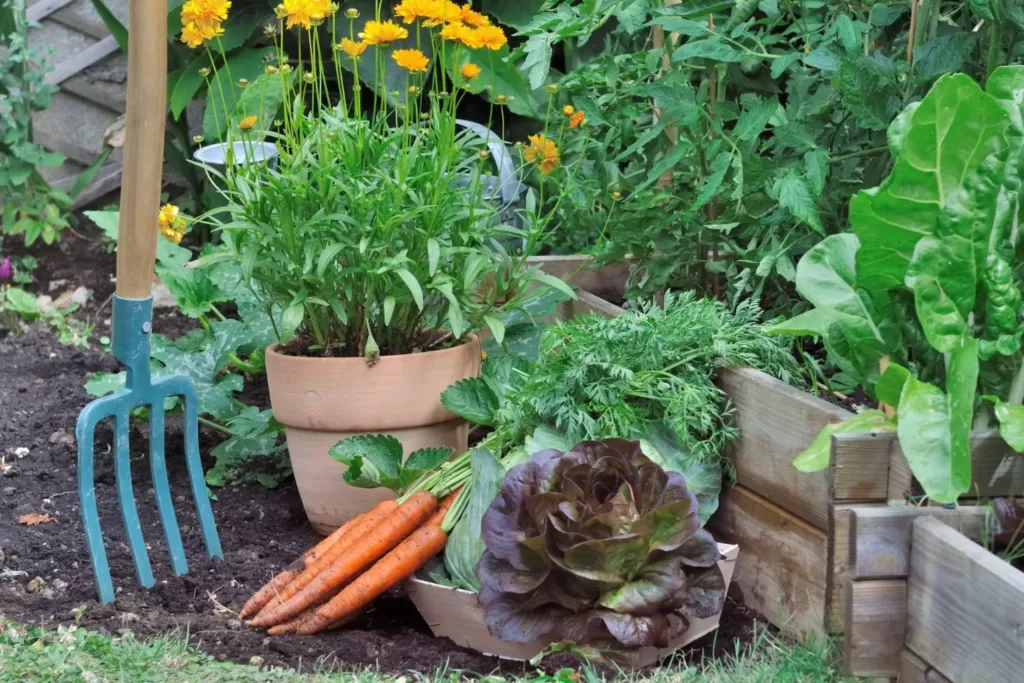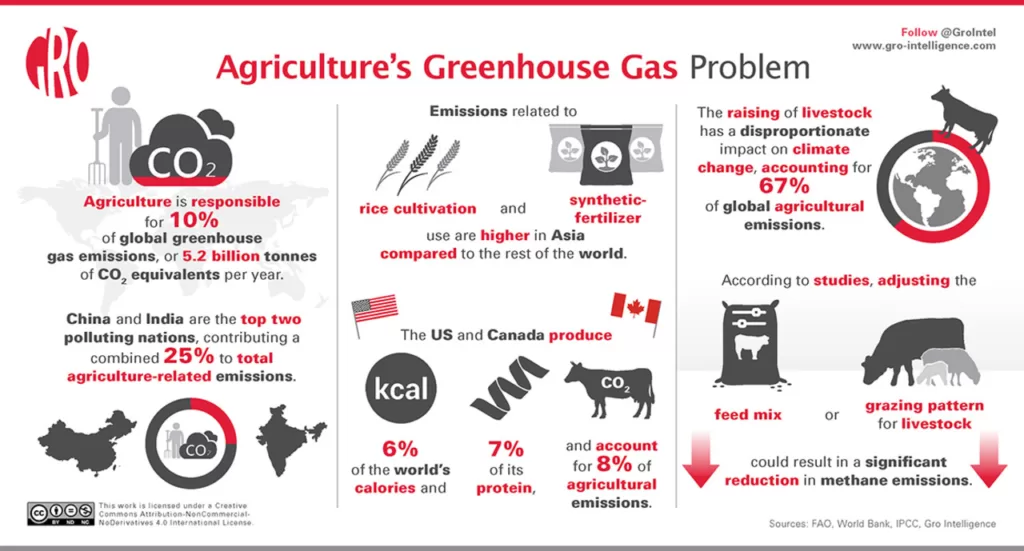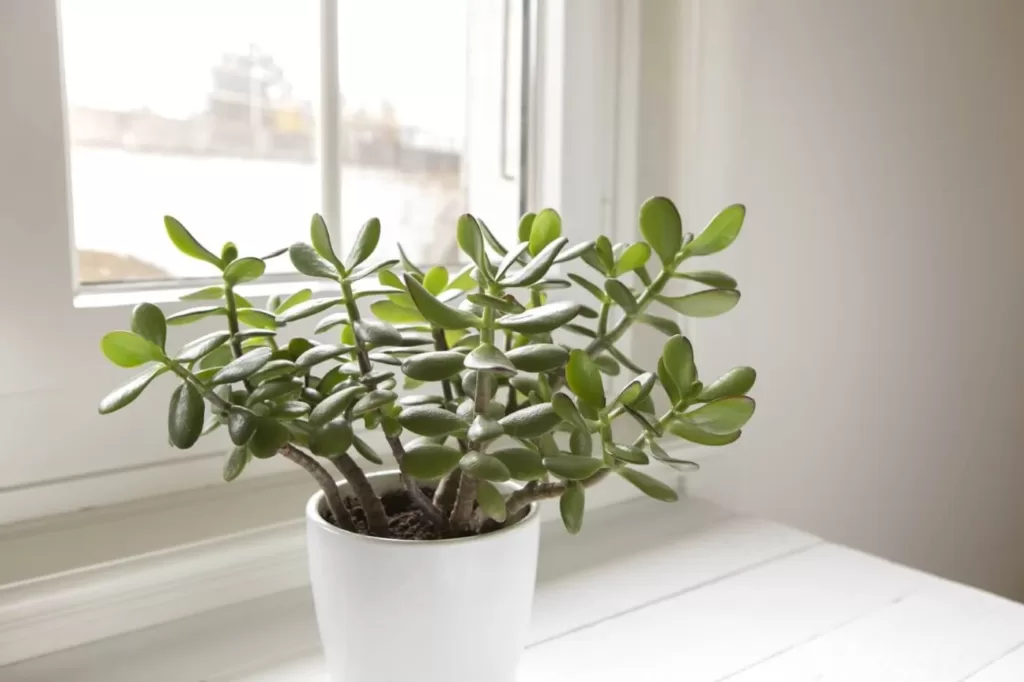Are you a beginner looking to start your own vegetable garden? Growing your own vegetables can be a rewarding experience, but it can also be intimidating if you don’t know where to start. This guide will provide you with all the information you need to get started on your vegetable garden journey. From choosing the right plants to understanding the basics of soil and water, this guide will help you create a thriving vegetable garden.
Table of Contents
1. A Step-by-Step Guide to Starting a Vegetable Garden for Beginners
The first step to starting your vegetable garden is to choose the right plants for your climate and soil. Consider the amount of sunlight your garden will receive, the type of soil you have, and the amount of water your plants will need. Once you have chosen the right plants, you will need to prepare your soil. This involves tilling the soil, adding compost, and testing the pH level. After your soil is ready, you can begin planting your vegetables.
2. Understanding the Basics of Soil and Water
In order to ensure that your vegetable garden is successful, it is important to understand the basics of soil and water. The soil should be well-draining and rich in organic matter. You can add compost or manure to improve the soil’s fertility. Additionally, it is important to understand the water needs of your plants. Different plants have different water requirements, so it is important to research the plants you are growing and provide them with the right amount of water.
3. Get Growing: How to Start a Vegetable Garden from Scratch
Once you have chosen the right plants and prepared the soil, it is time to start planting. Planting your vegetables is the most exciting part of the process! Make sure to follow the instructions on the seed packet or plant tag for the best results. After planting, it is important to keep your garden well-watered and weeded. Additionally, you may need to fertilize your plants to ensure they are getting the nutrients they need. With a little bit of care and attention, you will soon have a thriving vegetable garden.
4. The Essential Guide to Starting a Vegetable Garden for Beginners
Starting a vegetable garden can be a rewarding and enjoyable experience. This guide has provided you with all the information you need to get started on your vegetable garden journey. From choosing the right plants to understanding the basics of soil and water, this guide will help you create a thriving vegetable garden. With a little bit of care and attention, you will soon be harvesting delicious vegetables from your very own garden.
5. The Beginner’s Guide to Creating a Vegetable Garden
Creating a vegetable garden is a great way to enjoy fresh, homegrown produce. This beginner’s guide will provide you with all the information you need to get started on your vegetable garden journey. From understanding the basics of soil and water to planting your vegetables, this guide will help you create a successful vegetable garden. With a little bit of care and attention, you will soon be harvesting delicious vegetables from your very own garden.
6. Everything You Need to Know to Start a Vegetable Garden for Beginners
Are you ready to start your own vegetable garden? This guide will provide you with all the information you need to get started. From understanding the basics of soil and water to choosing the right plants, this guide will help you create a successful vegetable garden. With a little bit of care and attention, you will soon be harvesting delicious vegetables from your very own garden.
What are some easy vegetables to grow for beginners?
If you’re just starting out with gardening, you may want to consider growing some easy vegetables. Some of the easiest vegetables to grow include lettuce, spinach, radishes, carrots, and green beans. These vegetables are relatively low-maintenance and can be grown in a variety of climates. You can also try growing tomatoes, peppers, and squash, which are all relatively easy to grow. To ensure success, make sure you choose a vegetable variety that is suitable for your climate and soil type. Additionally, make sure to follow the instructions on the seed packet for planting, watering, and fertilizing. With a little bit of care and attention, you can have a successful vegetable garden in no time!
What are the steps for starting a vegetable garden?
Starting a vegetable garden can be a rewarding and fun experience. Here are some steps to get you started:
1. Choose a location: Select a spot in your yard that gets at least 6-8 hours of sunlight a day.
2. Prepare the soil: Test the soil to determine the pH level and nutrient content. Amend the soil with compost or other organic matter if needed.
3. Choose your vegetables: Decide what vegetables you want to grow and make sure they are suitable for your climate and soil type.
4. Plant your vegetables: Plant your seeds or seedlings at the right depth and spacing.
5. Water and fertilize: Water your plants regularly and fertilize them as needed.
6. Monitor and maintain: Monitor your plants for pests and diseases and take action as needed.
7. Harvest: When the vegetables are ripe, harvest them and enjoy the fruits of your labor!
What are some tips for growing a successful vegetable garden?
Growing a successful vegetable garden can be a rewarding experience. Here are some tips to help you get started:
1. Choose the right location. Make sure your garden is in a sunny spot with well-draining soil.
2. Prepare the soil. Use a soil test to determine what nutrients your soil is lacking, and then add the necessary amendments.
3. Plant the right vegetables. Choose vegetables that are well-suited to your climate and soil type.
4. Water regularly. Make sure your plants get enough water, but don’t overwater them.
5. Fertilize. Use a balanced fertilizer to ensure your plants get the nutrients they need.
6. Control pests and diseases. Monitor your plants for signs of pests or disease and take action if necessary.
7. Harvest regularly. Pick your vegetables when they are ripe to ensure the best flavor and texture.
Following these tips will help you grow a successful vegetable garden that will provide you with delicious, fresh produce. Good luck!
What are some common problems when starting a vegetable garden?
Starting a vegetable garden can be a rewarding experience, but it can also come with some challenges. Some of the most common problems when starting a vegetable garden include pests, weeds, soil erosion, and lack of sunlight. Pests such as aphids, slugs, and caterpillars can be a major problem, as they can eat the vegetables and spread diseases. Weeds can also be a nuisance, as they can take away nutrients from the soil and compete with the vegetables for sunlight. Soil erosion can occur when the soil is not properly maintained, leading to the loss of nutrients and water. Finally, lack of sunlight can be an issue, as vegetables need at least 6 hours of direct sunlight each day in order to grow properly.
What are some solutions for common vegetable gardening problems?
Vegetable gardening can be a rewarding experience, but it can also be a source of frustration if you run into common problems. Fortunately, there are some simple solutions that can help you get the most out of your garden.
One of the most common problems is pests. To keep pests away, you can use natural solutions such as companion planting, which involves planting certain plants together to repel pests. You can also use organic pest control methods such as introducing beneficial insects like ladybugs or praying mantises, or using natural sprays made from garlic, chili peppers, or soap.
Another common problem is soil fertility. To improve soil fertility, you can add organic matter such as compost or manure, or use fertilizers specifically designed for vegetable gardens. You can also use cover crops to add nutrients to the soil and improve its structure.
Finally, weeds can be a nuisance in vegetable gardens. To prevent weeds, you can use mulch to block out light and prevent weed seeds from germinating. You can also use a hoe or other tools to remove weeds manually.
By taking these steps, you can ensure that your vegetable garden is healthy and productive.







